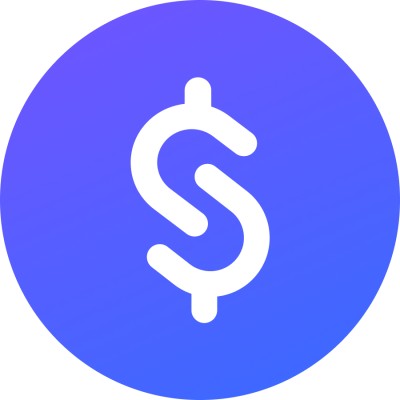
We envision a future where building sophisticated, scalable applications is accessible to everyone, regardless of coding expertise. FlutterFlow is pioneering a visual, low-code platform that empowers creators and developers to rapidly turn ideas into high-quality digital experiences that span mobile and web with full design flexibility and ownership.
At the core of our mission is the belief that the gap between no-code ease and traditional development power can be bridged seamlessly through innovation. By integrating intuitive drag-and-drop tools with Flutter’s robust code base, we enable teams and individuals to accelerate creativity, reduce complexity, and reclaim time usually spent wrangling code.
FlutterFlow exists to unlock new potential for app development—enabling enterprises, startups, and creators worldwide to shape the future of software without compromise, driving meaningful progress in how technology brings ideas to life and transforms industries.
Our Review
We've been keeping an eye on FlutterFlow since it emerged from Y Combinator in 2021, and honestly, it's one of those rare platforms that actually delivers on its ambitious promises. Founded by former Google engineers who clearly knew Flutter inside and out, this visual app builder has managed to crack a code that many others have tried and failed at.
The Sweet Spot Between No-Code and Real Code
What immediately grabbed our attention is how FlutterFlow sidesteps the usual trade-offs. Most visual builders either lock you into their ecosystem or produce frankly terrible code underneath. FlutterFlow does neither—you get clean, exportable Flutter code that you can take and run with if needed.
We tested their drag-and-drop interface with over 200 pre-built components, and it's genuinely impressive how polished everything feels. The Visual Action Flow Editor lets you add complex logic without diving into code, but when you need that extra control, the exported Flutter code is actually readable and well-structured.
Built for Real-World Scale
Here's where FlutterFlow surprised us most: it's not just for quick prototypes. We've seen Fortune 500 companies and serious startups using it for production apps, which speaks volumes about its robustness. The built-in Firebase and Supabase integrations work seamlessly, and the cross-platform deployment really does mean "build once, deploy everywhere."
The collaboration features—project branching, comments, team assignments—show they understand how real development teams work. It's not just a solo developer tool pretending to handle teams.
Who Should Jump In
We'd recommend FlutterFlow for product teams who need to move fast but can't compromise on app quality. If you're a startup racing to market or an enterprise team tired of month-long development cycles, this could be your secret weapon. The 1.3 million users across 200+ countries aren't wrong—there's real value here.
That said, if you're building something completely novel that requires deep custom functionality, you might still need traditional development. But for the vast majority of mobile and web apps? FlutterFlow's approach of combining visual design with solid code export feels like the future of app development.
Feature
Drag-and-drop app builder with 200+ components
Visual Action Flow Editor for app logic
Database integrations including Firebase and Supabase
Support for REST APIs and third-party services
Flutter code export for full control
Cross-platform deployment for iOS, Android, and Web
Collaboration tools with project branching, comments, and team task assignments








